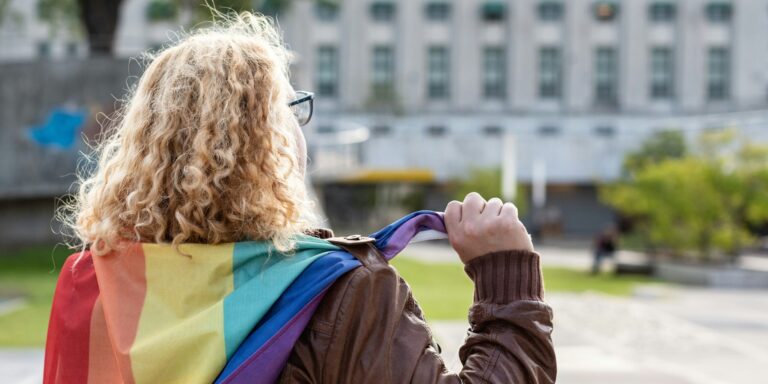On June 9, 2025, the U.S. Supreme Court delivered four unanimous decisions addressing pivotal cultural and legal issues, notably clarifying the scope of free speech in educational settings and reinforcing protections against discrimination based on gender identity. Justices Ketanji Brown Jackson and Sonia Sotomayor authored the majority opinions, underscoring the Court’s commitment to upholding constitutional rights amid evolving societal norms.
In one significant ruling, the Court addressed the boundaries of free speech within public schools. The justices unanimously held that students retain their First Amendment rights when expressing personal views, provided such expression does not cause substantial disruption to the educational environment. This decision reaffirms the precedent set in Tinker v. Des Moines Independent Community School District (1969), emphasizing that neither students nor teachers “shed their constitutional rights to freedom of speech or expression at the schoolhouse gate.”
Another landmark decision focused on gender identity protections under federal anti-discrimination laws. The Court unanimously ruled that Title IX of the Education Amendments of 1972, which prohibits sex-based discrimination in federally funded education programs, extends to discrimination based on gender identity. This interpretation aligns with the Court’s 2020 decision in Bostock v. Clayton County, where it held that Title VII of the Civil Rights Act of 1964 encompasses discrimination based on sexual orientation and gender identity.
Legal experts have noted that the unanimity of these decisions reflects a concerted effort by the Court to present a united front on contentious issues. Professor Lisa Feldman of Harvard Law School commented, “The Court’s unanimous rulings signal a strong consensus on fundamental rights, aiming to provide clear guidance to lower courts and the public.”
The implications of these rulings are far-reaching. Educational institutions must now ensure that policies and practices do not infringe upon students’ free speech rights or discriminate against individuals based on gender identity. Failure to comply could result in legal challenges and the loss of federal funding.
Advocacy groups have lauded the decisions. The American Civil Liberties Union (ACLU) stated, “These unanimous rulings affirm the fundamental rights of students and LGBTQ+ individuals, reinforcing the principle that discrimination has no place in our schools.”
Conversely, some organizations have expressed concern. The Alliance Defending Freedom (ADF) warned that extending Title IX protections to gender identity could conflict with religious freedoms and the rights of other students. ADF’s legal counsel, Emily Roberts, remarked, “While protecting individuals from discrimination is vital, we must also ensure that the rights of all students, including those with religious convictions, are respected.”
The Court’s decisions are expected to influence future legislation and judicial interpretations across the country. Lawmakers may revisit existing statutes to align with the Court’s interpretations, and lower courts will likely reference these rulings in related cases.
As society continues to grapple with complex issues surrounding free speech and gender identity, the Supreme Court’s unanimous decisions provide a clear affirmation of constitutional protections, setting a precedent for inclusivity and respect for individual rights.



